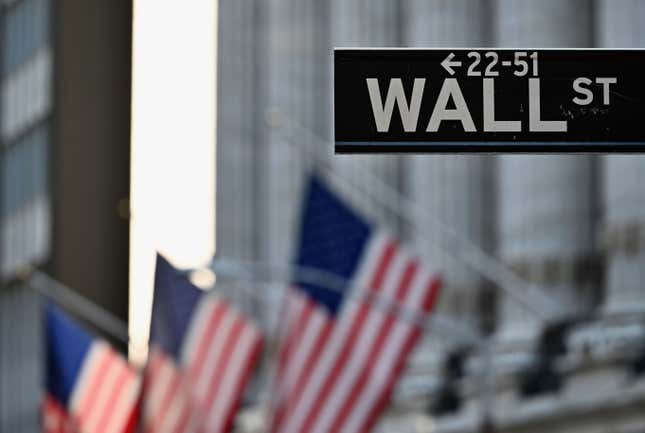
For years, researchers have attempted to quantify the cost of racism and discrimination in the United States, whether it be by analyzing wage gaps, disparities in incarceration, or lost economic mobility across generations. This week, a new study by Citigroup focused on the specific costs of discrimination to the American economy—$16 trillion, all in the last two decades.
As NPR reports, the stunning amount of lost GDP is based on an analysis of four different kinds of racial gaps: lending practices to Black business owners, wage disparities, housing credits, and lack of access to higher education. Discriminatory lending to Black entrepreneurs made up the largest share of this number—a total of $13 trillion in lost revenue, with 6.1 million lost jobs because of the lack of equal capital given to Black businesses.
The second-highest sum came from wage gaps. The U.S. economy lost another $2.7 trillion merely because Black people are not paid equally to their non-Black peers.
A lack of access to housing credits created another $218 billion in lost revenue, and a loss between $90 billion and $113 billion in lifetime earners comes as a direct result of discrimination in accessing higher education, reports NPR.
To get a handle on how big this sum is—the country’s entire GDP for 2019, which was considered a good economic year, was $19.5 trillion. The coronavirus pandemic, a health disaster that has killed 200,000 Americans, is estimated to cost the United States $8 trillion—half of the estimated cost of racial discrimination.
And these numbers are only part of what we can measure. For instance, it is harder to quantify the cost of mass incarceration or police brutality, both of which disproportionately extract wealth from Black communities.
Commenting on the report, Citigroup vice-chairman Raymond J. McGuire wrote that the bank has “a responsibility to address current events and to frame them with an economic lens in order to highlight the real costs of longstanding discrimination against minority groups, especially against Black people and particularly in the U.S.”
The report also included recommendations to address these problems, including implementing salary history bans, decoupling healthcare from employment (a move that would require the government to expand healthcare access for its citizens), guaranteeing wages, incomes and jobs, and implementing tax reforms.
According to Citigroup, if the government successfully tackles discrimination in the four areas the bank studied, the United States economy would see a $5 trillion boost to its economy over the next five years alone.